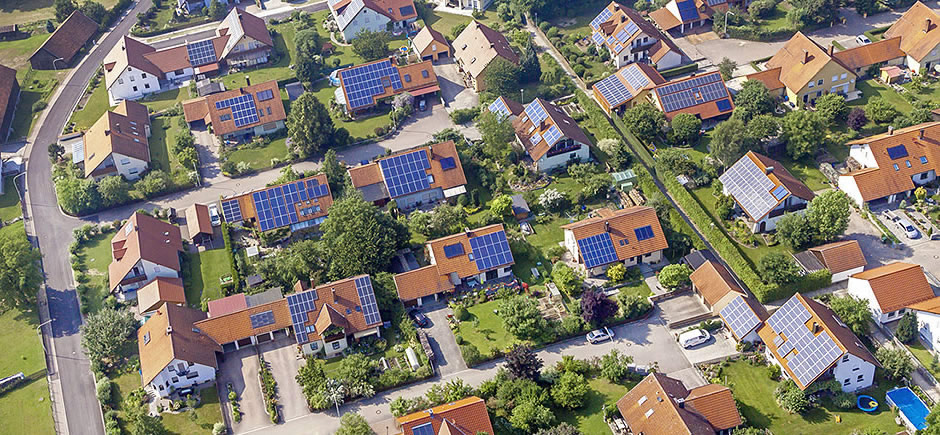The energy transition has already begun and is adopting an increasingly accelerated dynamic. Therefore, in order to undertake it with the speed needed to minimize the impact of society on the planet, it is necessary to develop, align, and regulate the different players in the sector. Through the Royal Decree-Law 23/2020, approved on June 23rd, new business models are incorporated into Spanish regulation, such as storage, hybridization, and the independent aggregator. Concurrently, the new regulations include renewable energy communities, a figure that favors the participation of citizens in the transition to clean energy.
The Local Energy Community is a new figure in the wide variety of scenarios available for energy transition. It is regulated in the section dedicated to the new auction system for the organization of renewables. In this new framework, which will be developed by the Spanish government, the variable on which to bid will be the price of energy. Additionally, the renewable energy communities will be able to compete on an equal level with other participants for access to the remuneration framework, all according to European law. This is a new way of generating, using, and managing energy at the local level through the cooperation of many players (citizens, local administration, and SMEs) that contributes to the creation of a decentralized, fair, efficient, and collaborative energy system.
The main motivation of the energy community is generating social and environmental benefits in the environment where it operates. This figure is not currently recognized in our legislation but the EU does regulate it. In fact, European law operates under the understanding, for guidance and not limitation purposes, that it is a Legal Entity with voluntary and open participation controlled by shareholders who are natural or legal persons (associations, cooperatives, non-profit organizations, companies) and by local, autonomous or national administrations.
The activities to be carried out will be, among others: the generation of energy mainly from renewable sources, distribution, supply, consumption, aggregation, energy storage, the provision of services of energy efficiency, and the provision of recharge services for electric vehicles or other energy services.
Lastly, the European directive on renewable energies clearly states that “it does not seek to obtain financial gains from the services it provides to the members of the community” in order to ensure that we are dealing with a model of sustainability and not of profitability.


